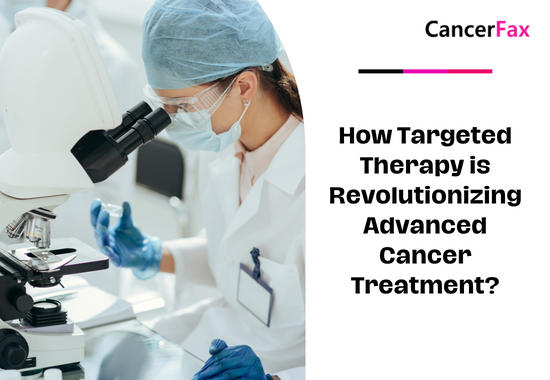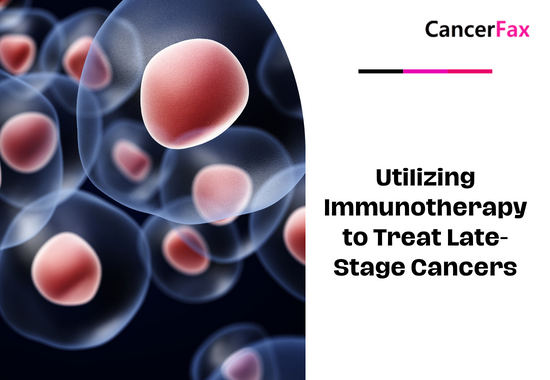89 year old patient who suffers from esophageal cancer and who can’t be operated or given chemotherapy fully recovered after proton therapy. Read the full case study over here.
Esophageal cancer
Esophageal cancer is a common gastrointestinal tumor, accounting for more than 90% of esophageal tumors, ranking second only to gastric cancer in the retrospective survey of all malignant tumor deaths.
The typical symptom of esophageal cancer is progressive dysphagia. First, it is difficult to swallow dry food, then semi-liquid food, and finally water and saliva cannot be swallowed.
The traditional treatment of esophageal cancer is to remove the tumor by surgery. However, due to the degree of lesion development, complications, and age, radiation therapy has become the main treatment method.
Case of esophageal cancer
Mr. Li, 89 years old, was diagnosed with squamous cell carcinoma of the upper esophagus in January 2014. PET / CT showed lymphatic metastasis near the esophagus but no distant metastasis. The cancer stage was T3T1M0.
Although he is in good physical condition, considering that he is old, he does not take surgery or chemotherapy. After a series of consultations and expert consultations, proton therapy was finally selected.
In May 2014, treatment was started at the Niger Proton Therapy Center in Germany. Esophageal tumors and peripheral lymphatic metastases were administered 25×2.3Gy (RBE) once a week for a total dose of 57.5Gy (RBE);
25×2.0Gy (RBE) was administered within the tumor’s safe distance and the lymph area around the collarbone, once a week, rest on Saturday and Sunday, the total dose was 50.0Gy (RBE).
Before treatment, CT examination results showed that the esophagus became significantly narrowed due to tumor obstruction.
The entire proton treatment process went smoothly and Mr. Li did not have any serious adverse reactions. Just in the last week of treatment, my voice was hoarse, my sputum secretion increased, and my swallowing difficulties remained unchanged, but I was able to eat without the need for a gastric tube. I lost four kilograms of weight within five weeks of treatment.
CT results 11 months after the completion of treatment, no tumor remnants and recurrent lesions
After one year of treatment, an esophagoscopy was performed, and no residual tumor or recurrence was found. Although the upper part of the esophagus is relatively narrow due to the relationship between radiotherapy, there is still room to pass, and probe strip expansion can be performed to improve the quality of life.
Old age esophageal cancer cannot be treated with chemotherapy, proton therapy is preferred.
Elderly patients with esophagus cancer
Elderly esophageal cancer patients may experience more heart and lung problems after treatment, and after receiving preoperative chemotherapy combined with radiation therapy, they have a higher risk of postoperative death compared to younger patients. Studies have found that patients undergoing proton beam therapy have lower rates of cardiopulmonary problems such as acute respiratory distress syndrome and death.
The traditional treatment for esophageal cancer is surgery, but it is difficult for elderly patients or patients with complications to tolerate surgery, and for patients with esophageal cancer with distant metastasis in the middle and advanced stages, it can no longer reach the cure standard; Open thoracotomy for esophageal cancer surgery is very invasive and postoperative complications are not uncommon. And half of the patients undergoing resection will relapse. Foreign data show that radiation therapy can completely achieve the same therapeutic effect as surgery, and proton therapy has gradually become the main treatment method for esophageal cancer.
Proton therapy reduces side effects of esophageal cancer – Mayo Clinic Study
Proton therapy reduces the side effects of esophageal cancer and guarantees quality of life!
A study led by Mayo Clinic researchers found that proton therapy combined with chemotherapy before surgery may be a better treatment for elderly esophageal cancer patients than traditional radiation therapy combined with chemotherapy.
Researchers followed 571 patients who underwent radiation therapy and chemotherapy treatments at the Mayo Cancer Center, MD Anderson Cancer Center, or the University of Maryland Cancer Center between 2007 and 2013, and subsequently underwent surgery, of which 35% were patients Age 65 or older at the time of diagnosis and was classified as elderly in this study.
43% of elderly patients received 3D conformal radiation treatment, 36% of patients received intensity modulated radiation treatment, and 21% of patients received proton beam treatment. The researchers analyzed the effects of different radiation treatments and compared them.
They found that elderly patients who received proton beam therapy had lower rates of heart and lung problems after surgery, and their postoperative mortality was lower than those who received conventional technology. None of the patients who received proton beam treatment died after the operation, which researchers believe is related to the fact that proton therapy can reduce the dose of vital tissues near the esophagus, such as the heart and lungs.
Dr. Lester said: “Age in itself is not a barrier to high-intensity aggressive cancer treatment, but the side effects of treatment should be minimized especially in elderly patients.”
“This study shows that advanced radiation technology, especially proton beam therapy, can help improve the treatment outcomes of this group and allow more patients with esophageal cancer over 65 to receive active treatment.”
Call +91 96 1588 1588 or send reports to WhatsApp for details on Proton therapy treatment in India and abroad.

